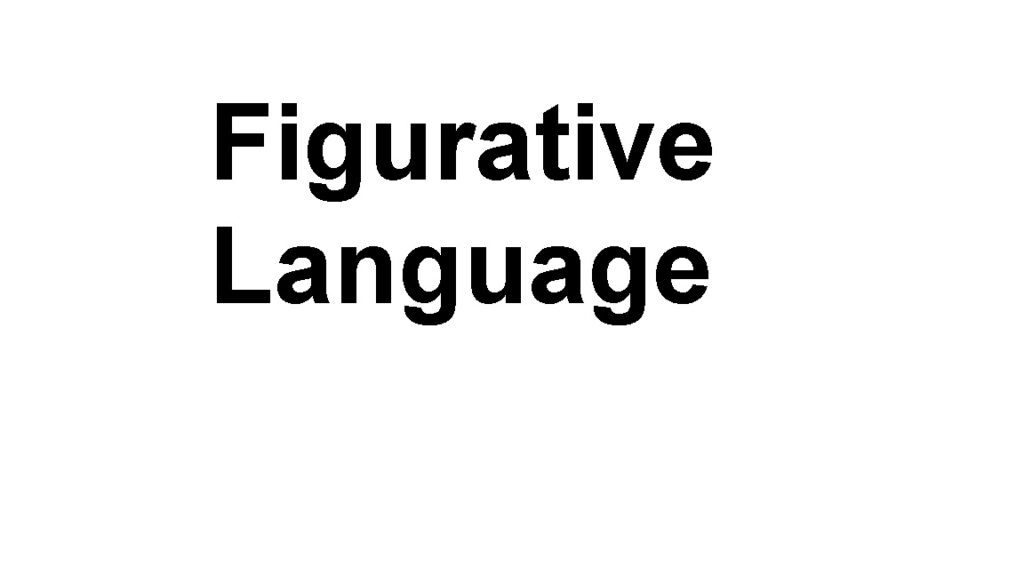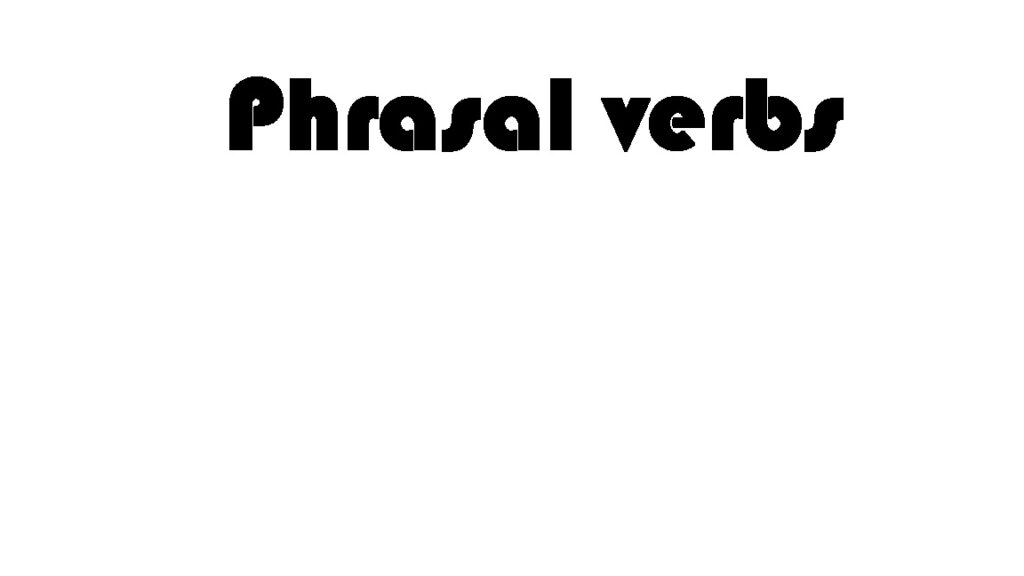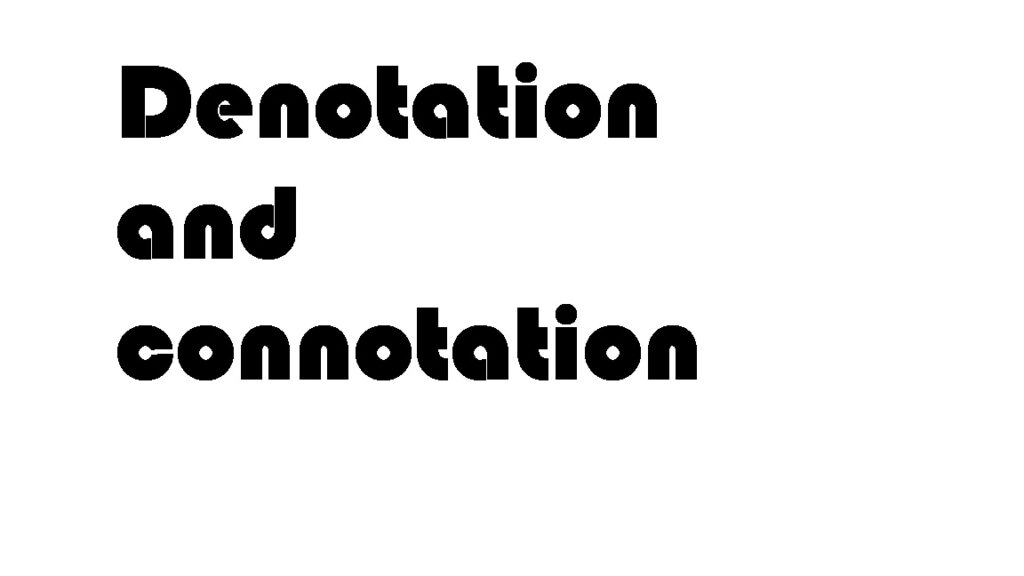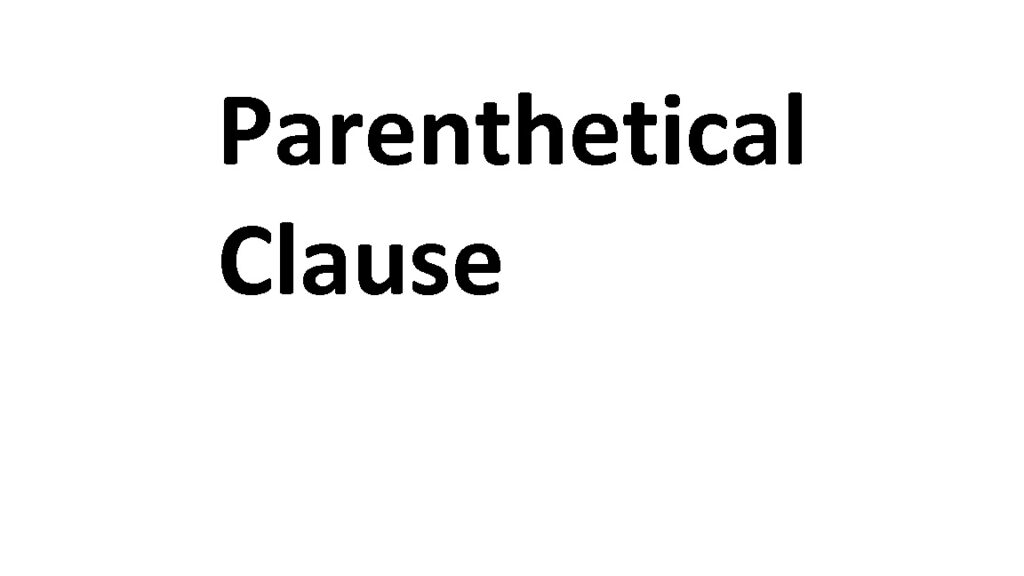Figurative Language Explanation and Examples ACT, Digital SAT, EST
What is Figurative language and how to use them in ACT, Digital SAT, EST Figurative language refers to the use of words or expressions that deviate from their literal meaning in order to create a more vivid or imaginative description. It adds depth and richness to writing by using techniques such as similes, metaphors, personification, […]
Figurative Language Explanation and Examples ACT, Digital SAT, EST Read More »










